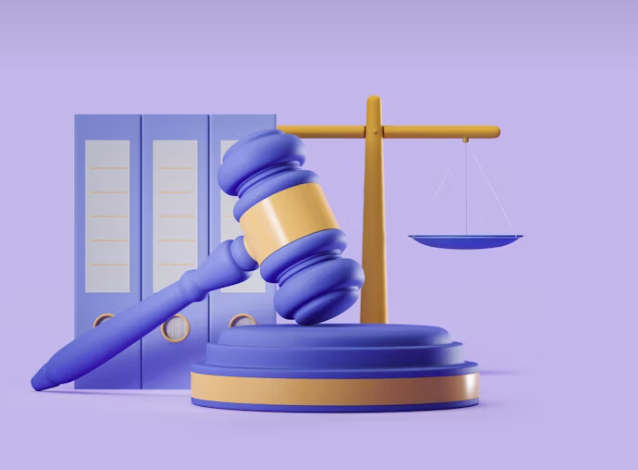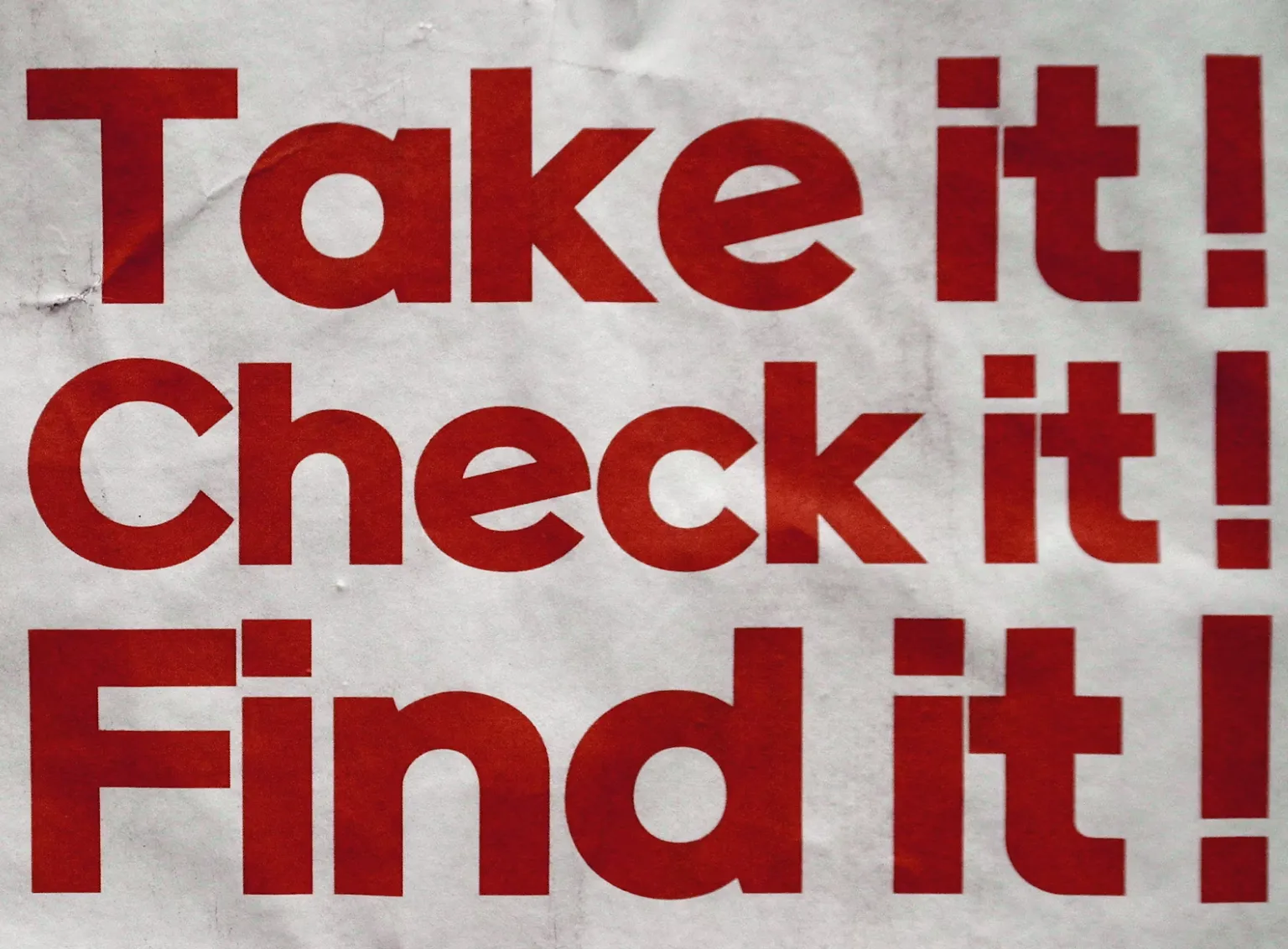Checking references is a must when hiring. The reason is simple: it helps avoid mistakes. For example, a reference check is like a safety net; it helps catch a potential problem in an applicant's past. Such checks are commonplace. In fact, 95% of companies say they screen candidates. Hiring a background check company can make this process more thorough and reliable. For instance, if a reference check shows a potential problem, it is necessary to investigate further. Potential problems do not always mean the applicant will not get the job, but they will make the hiring decision much more conservative.
Why Background Checks Matter

Prevent fraud
60% of companies conduct checks to reduce the probability of loss and theft.
Protect safety
Many companies perform background checks to reduce the likelihood of workplace violence or other misconduct.
Check honesty
More than 50% of job seekers admit to lying on a resume.
Compliance
Some industries are required to conduct thorough checks.
Background investigation services build trust
Instead of relying on someone's word, you must have solid proof that you can trust.
Common Red Flags to Watch For

These are some red flags that indicate something's wrong. Think of red flags as warnings that tell you to check things out.
Employment gaps and inconsistencies
Long, unexplained breaks or mismatched dates on a resume are indicators of red flags. For example, if someone claims work from 2015 to 2020 but records show gaps, ask them directly. These gaps could hide firings or other problems. Always verify each job and date directly from the applicant.
False or exaggerated credentials
Applicants sometimes exaggerate their abilities or the institutions they attended and the positions they held. More than half of those looking for work acknowledge the deceit. Sometimes, candidates might say they have a degree they didn't earn. So, you should check their diplomas and call their former employers. Here, a background check company comes into action that verifies an individual's education and job titles with the sources to find any lies.
Criminal records
Having a record isn't naturally a disqualifier for a role. But thefts, assaults, frauds, DUIs, and other criminal offenses should be red-flagged. Not every offense is equal, and even violent offenses should be weighed for recency and context. Many firms do criminal checks to protect against liability. Banks, for example, explain that a violent crime may be less concerning if it occurred many years ago and the person remained offense-free afterwards. Always weigh how old and relevant any record is.
Poor credit history
Credit reports do help get a sense of a person's financial capability, especially for roles that handle money. Large debts, bankruptcies, and missed payments do indicate a risk, and a person's credit history should be considered in roles where financial risk is a substantial part. Banks, for example, explain that candidates with heavy debt might struggle in finance jobs. If someone's credit report is filled with collection accounts and late bills, it is a problem, and they should not be in that role.
Negative references
Negative references greatly impact the impression you get of a candidate. If past references mention problems with teamwork, you should be careful. "They never showed up on time", and "they broke trust" are devastating. Always call references and make sure other patterns of behavior are not ignored.
Conclusion
When it comes to data analysis and interpretation, red flags are akin to warning lights. They indicate potential problems, but don't mean there is an outright failure. The most important thing to do is to take a close, reasonable, and fair analysis. Every candidate should have the opportunity to explain an issue, as it protects your team and the applicant.
Venovox helps organizations to reveal hidden risks with its expert background screening solutions. Venovox's professionalism and approved background checks provide confidence in hiring and protection trust.

Dato' Venodevan
Risk is an opportunity


